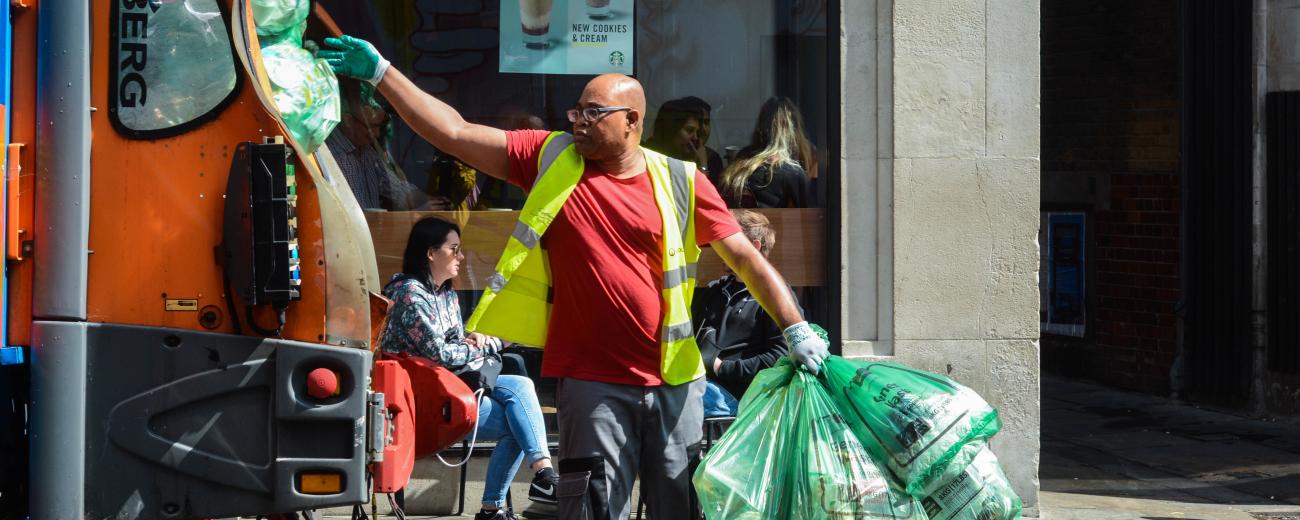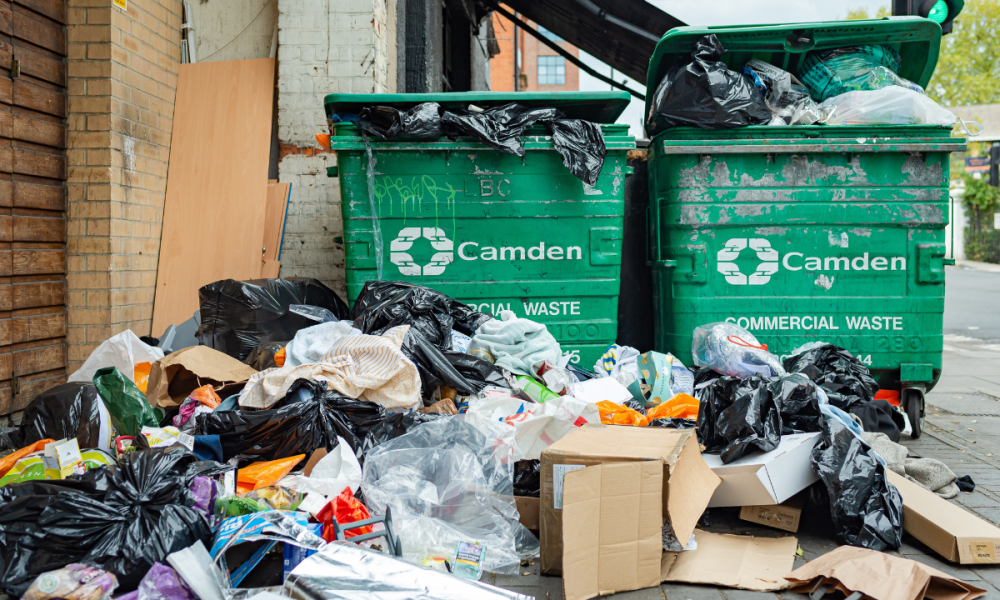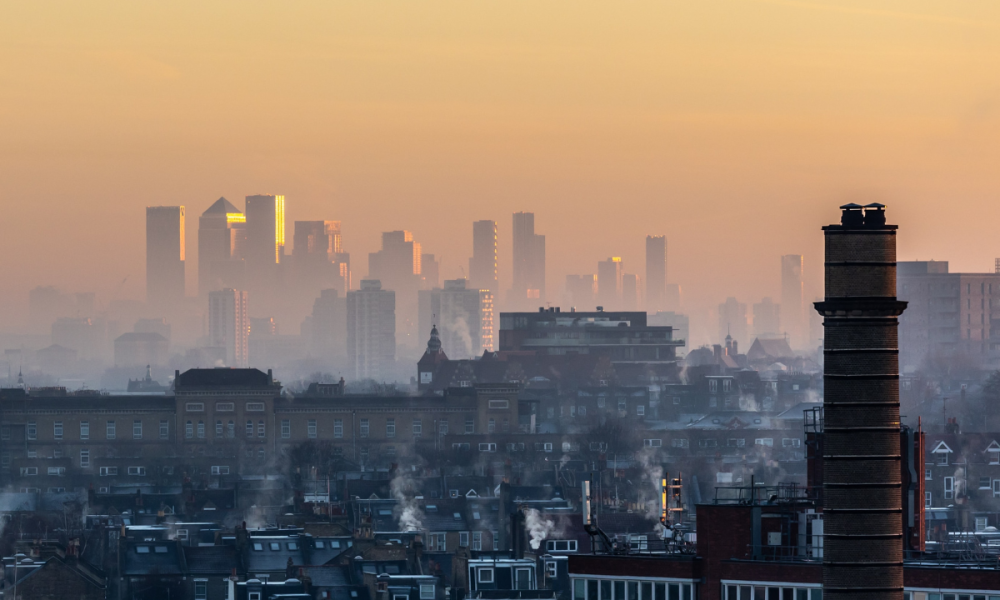How waste infrastructure materialises social stratifications in North London


The production of waste and the infrastructural processes it goes through post-consumer, are inherently political prior to environmental concerns. Material waste inhabits space in landfill, as particulates in the air, and once reused or recycled. This politicized space is controlled by forces which must be accountable to societal questions that can be grasped at the interstices between the social and ecological and the infrastructures themselves.
The Borough of Enfield houses the North London Waste Authority’s (NLWA) energy-from-waste facility, the Edmonton EcoPark – an incinerator – proposed to be replaced by a larger incinerator upon its decommission next year. NLWA state the new plant will reduce residual waste, be built alongside larger and more efficient ‘assets which support recycling’ and be implemented together with reuse and recycle campaigns, to reach the 2020 target of 50% waste recycled – currently 28.4% in 2020-21, down 0.5% from the previous year (North London Waste Authority, 2021). This rhetoric of sustainability has been manipulated to ignore the social, assuming an ecological compromise for the mean time will be just.
The emissions from the incinerator – the product of burnt waste from seven London boroughs (Enfield, Barnet, Camden, Hackney, Haringey, Islington, and Waltham Forest) – affect the air in Enfield, Haringey, and Waltham Forest (North London Waste Authority, 2021), materialising the social stratifications of the city. Whilst impossible to authoritatively quantify social stratifications, divides exist. The UK’s income deprivation by local authority, measured by the percentage of residents receiving means-tested benefits, as of 2019, rates Enfield, Haringey and Waltham Forest at positions 41, 42 and 72 (nationwide; respectively) with Camden at 90 and, Barnet at 149, illustrating a socio-economic divide between the boroughs. Equally, the most recently available census outlines that Enfield, Haringey, and Waltham Forest each have a higher Black, Asian, and minority ethnic (BAME) population as compared to Camden, Islington and Barnet.
The waste management infrastructure of the city reproduces economic inequalities. Some studies propose that incinerators do not affect local property prices (Phillips, Longhurst and Wagland, 2014), but in affecting local health, the infrastructure structurally embeds the existing socio-economic stratifications further (Zhao, Simons and Fen, 2016). Whilst there is also a scientific divide in the discourse of sustainability (the ecological pros and cons of incinerators), the narrative excludes any comprehensive understanding of sustainability in its societal context. Checker (2011) discusses this as ‘selective sustainability’, and in addressing a similar issue in New York City, references the WE ACT campaign’s definition of a truer sustainability as “maximal community participation, environmentally and socially responsible development and truly public space” (221).
There is community-based opposition to the project, and it has been supported, among others, by Extinction Rebellion UK (XRUK), who are usually cited to have more stake in environmental concerns than socially sustainable and inclusive environmental concerns (Bell and Bevan, 2021) and Black Lives Matter UK who have explicitly called upon XRUK to bring the social into the discourse of the sustainable (Yassin, 2020). This further illustrates the multiple socio-ecological effects of the incinerator and the discourse of sustainability surrounding its opposition.
This project is a micro, city-scale example of the externalisation of cost in an inequitable system where instead, only fully consulted, socially responsible environmental projects should be enacted.
This blog was written as part of the core module ‘Anthropology of Sustainability' for the MA Anthropology of Global Futures and Sustainability.
About the author
Ashley Gentile studied MA Anthropology of Food and took part in the core module for MA Anthropology of Global Futures and Sustainability.




